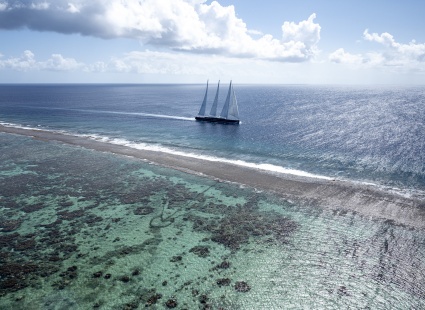WINNERS OF THE HONOURS ANNOUNCED
Q&A with Wendy Schmidt, winner of The Honours.
Congratulations to the winners of The Honours, which recognise the world’s most inspirational people in superyachting. The first three recipients of a coveted Bowsprit award were celebrated at the inaugural Honours event in Monaco. Ocean conservation advocate and philanthropist Wendy Schmidt, superyacht First Officer and industry DEI proponent Jenny Matthews, and business strategist turned Director at YachtAid Global Zoran Selakovic were feted at a special dinner event.
The Honours was conceived as an opportunity for the superyacht industry to recognise the extraordinary people making a difference behind the scenes, taking the focus away from the yachts and placing the spotlight firmly on the good that happens in the day-to-day superyachting life.
Q&A with Wendy Schmidt, winner of The Honours
Wendy Schmidt, ocean conservation advocate and philanthropist: winner of The Honours 2023.
Background
Wendy Schmidt is an American philanthropist and investor who is president of the Schmidt Family Foundation, which she founded with her husband Eric in 2006. She also serves as president of Schmidt Ocean Institute, which the couple founded in 2009 to advance oceanographic research by offering scientists access to a state-of-the-art research vessel at no cost in exchange for making their findings publicly available.
A sailing yacht owner and competitive racer – Schmidt helms her own yachts and recently won the Barcolana 54 (the world’s largest yacht race) with her team – she also co-founded 11th Hour Racing to work with the sailing community and maritime industry to advance sustainable solutions and practices that protect and restore ocean health. The 11th Hour Racing Team’s IMOCA 60 most recently won the 2022-2023 edition of The Ocean Race, the ultimate round-the-world race at the pinnacle of professional yacht racing.
Question 1 – Where did you grow up, and when was your first introduction to the water and to sailing?
I grew up in New Jersey, not anywhere near the ocean – although I did get to visit it with my family. But I didn’t really know the ocean and I didn’t know it had anything to do with me.
As a child I had exposure to a sailboat and I know this from a photo in my parents’ house. I was about nine years old and our family took a trip to Bermuda – in the photo I’m stretched out on the transom of a sailboat, and I look really comfortable on that boat. But I didn’t actually start sailing until mid-life, which tells me a person can learn to sail at any stage of life. I started racing a 45-footer after being encouraged by a friend, and when I started to learn to sail I thought I’d go out once in a while, but I found myself going out every day for an entire summer. I just felt an intuitive connection to what was going on in a boat.
That experience has continued to this day, and it has led to a great deal of work in and focus on ocean health, because my eyes were opened to a world I had never really understood before, and one that no one had ever explained to me either.
The 11th Hour Racing Team, winner of the 2022-2023 edition of The Ocean Race
Question 2 – How has your experience in yacht racing with a team influenced the way you approach philanthropic work?
I think driving a boat is a special skill set, and when I’m doing it well I’m not even thinking so I must be sensing things. But when you think about it, on a sailboat and in a racing crew all the things have to go right and have to work in a sequence of actions. When you move the boat together, you’re listening to your tactician and your navigator and the people trimming the sails, and everyone is picking up different pieces of information. I’ve been really impressed as I look at professional teams, because everybody doesn’t know everything on a boat, everybody knows something – and there’s this marvellous thing that happens where that collective brain comes together. I’m incredibly dependent on the skills of everyone around me, and in the same way everyone on the boat is depending on someone else. It’s such a great design for teamwork in any enterprise – it’s a very powerful way for people to work together.
It also demonstrates the systemic nature of many things in the world. When we look in our philanthropy at natural systems and we talk about restoring balance into those systems, we’re looking at something that we’re experiencing on a sailboat. Nothing happens without something else happening – when we touch one piece of fabric, we’re touching the whole thing.
Question 3 – Your family foundation’s 11th Hour Project places an emphasis on sustainability – how has that translated into 11th Hour Racing, and how are you using the platform to shift people’s perspectives both within and outside of the yacht industry?
We started 11th Hour Racing because we wanted to engage the industry, and we wanted to engage the sailors at the regattas and the people organising the races. We’ve pioneered a new way of sponsoring races – instead of selling you a wristwatch, I’d like to sell you some ideas and I’d like you to take those ideas home with you. If you go to a Race Village now during The Ocean Race, you’ll have a very special experience because it won’t be like any other public venue that you go to. Because we were the sponsor of this part of the racing experience, it was designed to have no waste, and that meant all the vendors organised everything to have no waste. It means the experience feels very different for you. I used to walk into the Race Village and see sailors, boats, and technology. That’s not happening now – you walk into a Race Village and you’re talking about the ocean.
In terms of the construction of our boats, we try to reduce the use of energy, but also the materials themselves and how you get them and how you transport them become things you can actually assess and make decisions about. The boat that just won The Ocean Race, the 11th Hour Racing Team’s IMOCA 60, we built with sustainability in mind. The IMOCA 60s are the fastest monohull yachts in the world, and you don’t sacrifice any performance when you simply replace some of the carbon fibre material with things like flax or bamboo. And you can assess the entire project and keep a record of everything you chose – we’ve actually developed a Sustainability Toolbox out of this process that other boatbuilders can use to think about the project in front of them.
The processes, the materials, the techniques can only get better. This is what I learned in Silicon Valley. And I think we should all in our industry, in our recreation as sailors, try to make ourselves part of the solution.
Research vessel Falkor (too) of the Schmidt Ocean Institute is available for research and ocean science
Question 4 – What inspired you to set up the Schmidt Ocean Institute, and how is it making an impact on the health of our oceans?
After I started learning to sail I learned to dive, and I started to look under the surface of the ocean with my curious mind saying, ‘well, what’s all this stuff – I don’t know anything about this’.
Human activity has had this extraordinary impact on ocean health. I can’t even talk about conservation when I talk about ocean health anymore, I talk about restoration. Let’s stop damaging it. Let’s let it be what it was designed to be, because it is our life support. It is a major protein source for almost half of the human race. It’s our pharmacy full of compounds – we have barely scratched the surface of them, but we do know many of them help cure diseases. And for sailors, it’s our playground. It’s where we have our recreation, and we have a responsibility for its health.
At the Institute, we have a research vessel that is made available to scientists who want a platform for research and ocean science – we recently replaced the original R/V Falkor, which entered service in 2012 after a refit – with R/V Falkor (too), a 110m / 361ft research vessel. We have a ten year plan in front of us. We plan to be in all seven ocean basins, and we’ve communicated about that plan to all the other philanthropically operated vessels – we think it’s really important at this point to be coordinated in the way we understand what we’re doing.
We need to get everybody on board to work together in a way we never have before. There are many efforts underway to do this, and we’re participating in all of them as a platform where we invite science parties from around the world to use our facilities at no cost. What we ask in exchange is that they share their data openly and in real time with scientists around the world. The object is to accelerate our understanding about the oceans – we’ve had more than a thousand scientists on board since we launched the first Falkor.
Question 5 – What role does the yacht industry have in changing things for the better?
We’re not going to solve this problem overnight – I’m not fooling myself about that. But I think the change begins with little things like new approaches to building boats and using new materials. People will say, ‘oh, it’s more expensive, we have to do it the old way’. Well, that’s always true in the beginning, and that’s why it’s our responsibility, as people who have the means to take on the responsibility of shifting the market and reshaping the decision-making process. If we all get on board it will drive the price down over time, and the processes, the materials, and the techniques can only get better.
The marine environment: playing our part
Sailors have a strong affinity with the oceans and few can fail to be concerned about the steady degradation of the ocean environment. Many superyacht sailors not only care a great deal about the oceans but are seeking to use their influence and resources to counter the threats. Learn more on this website: news > inhuis stories & updates [link]
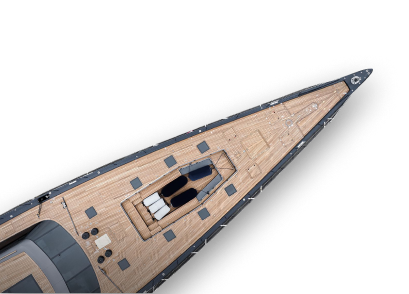
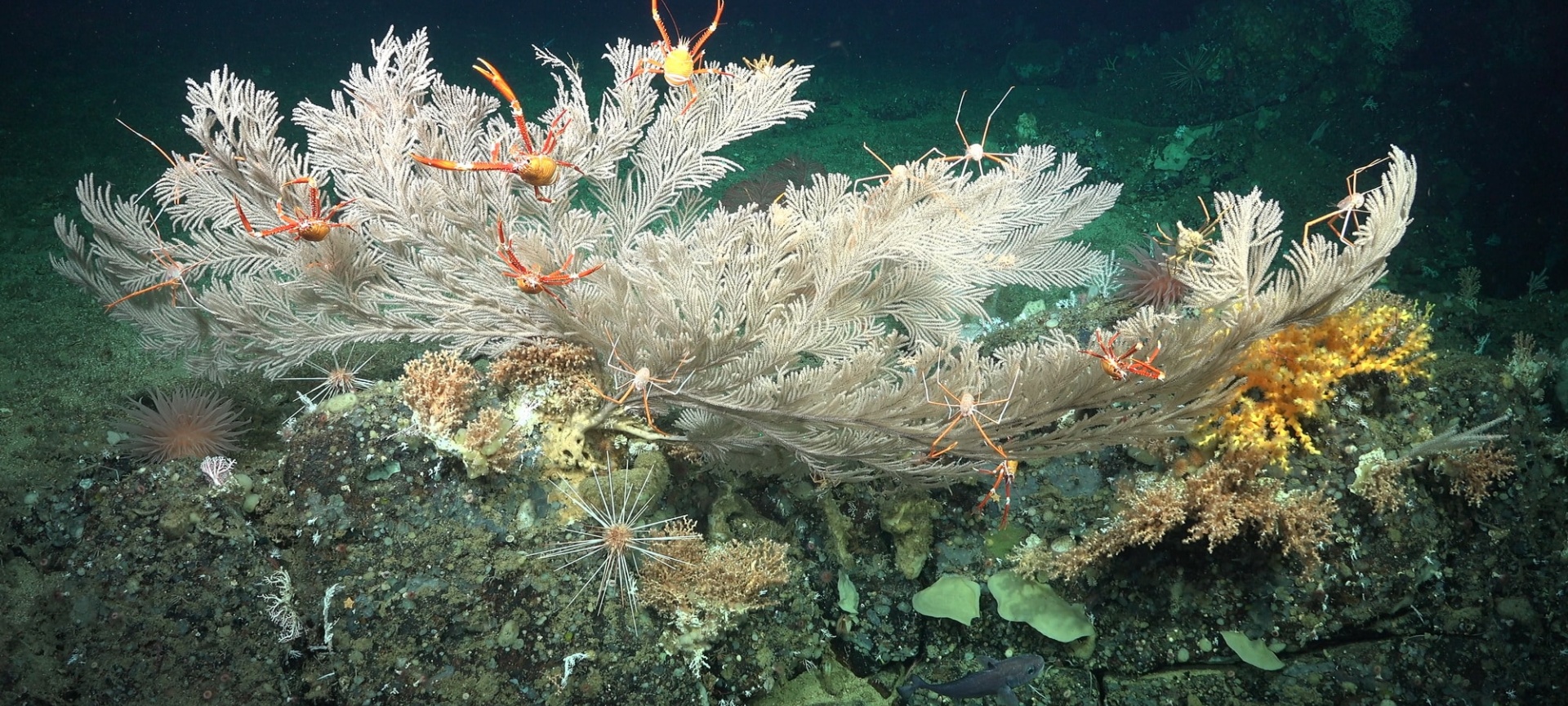
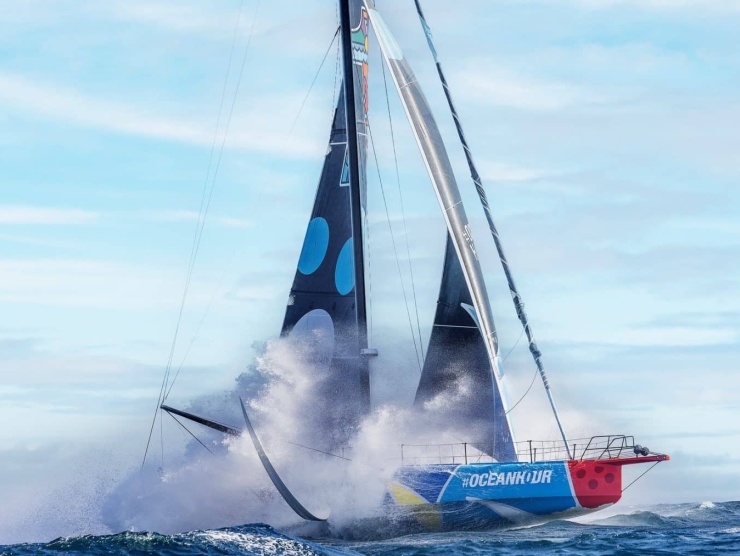
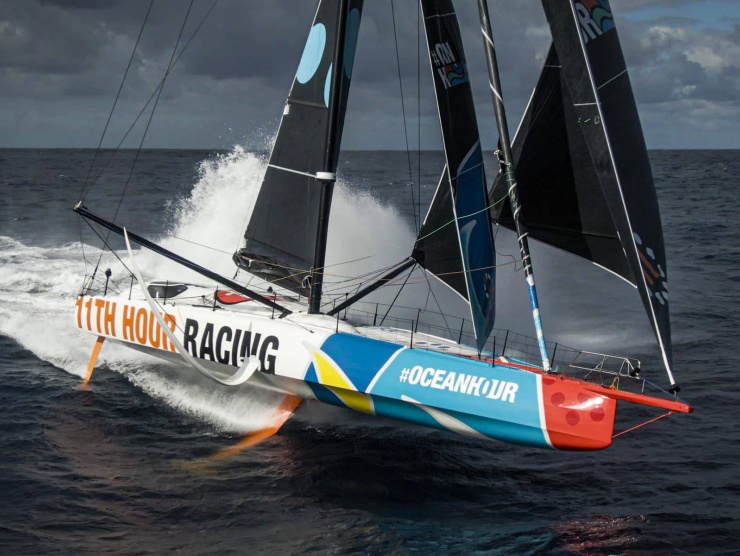
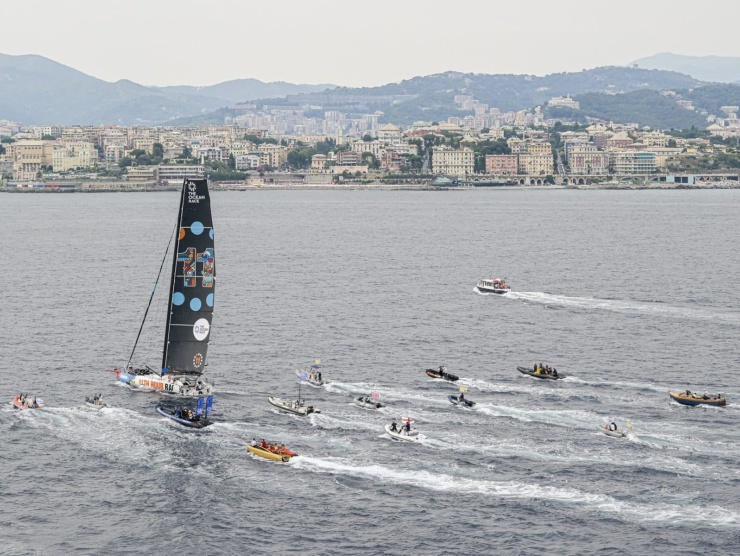
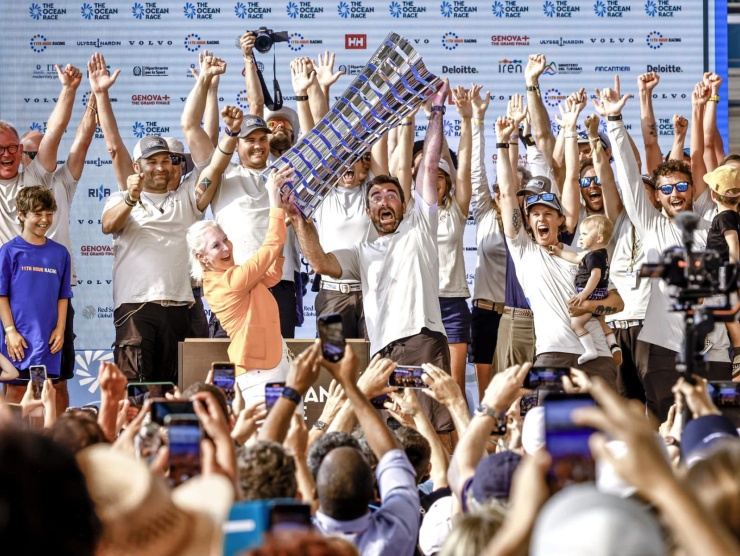
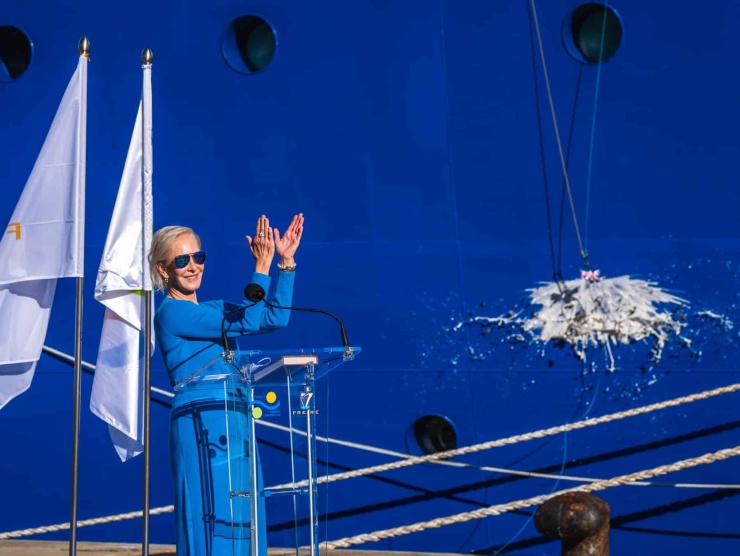
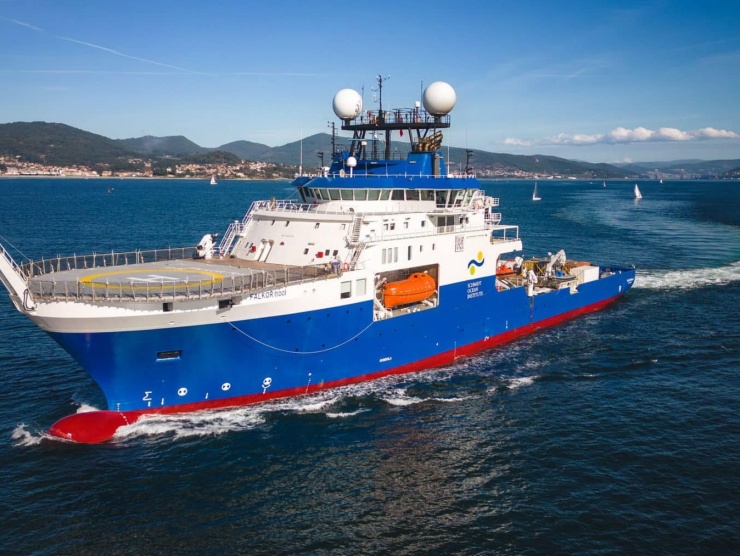
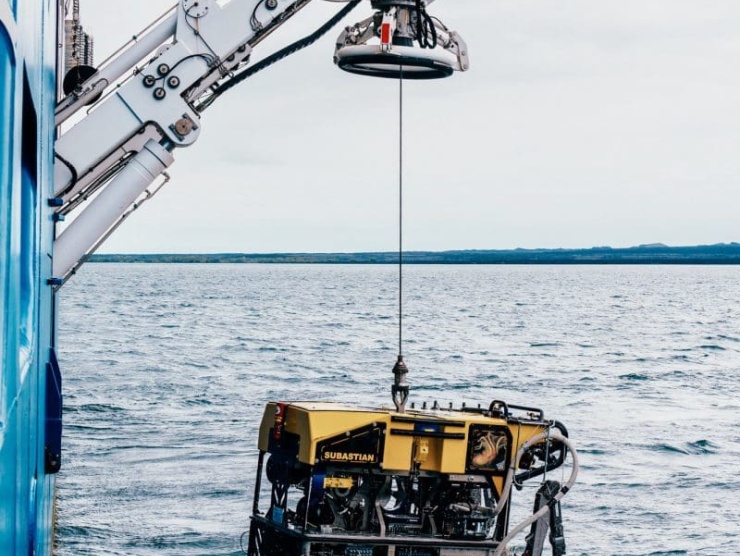
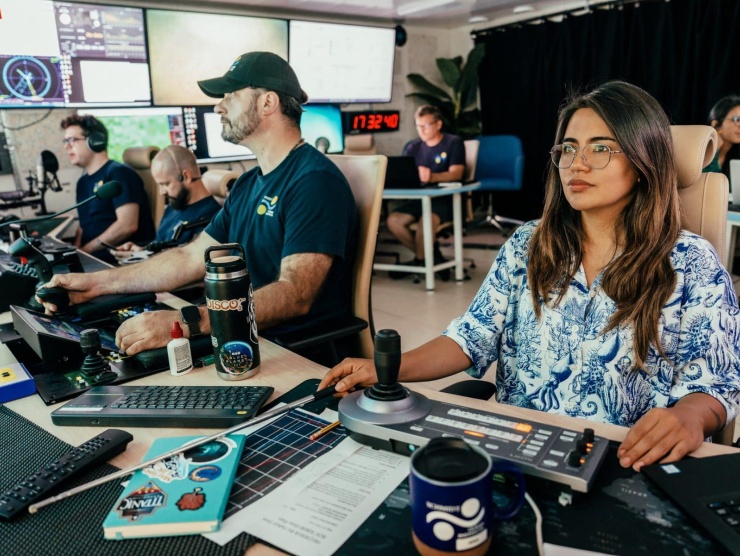
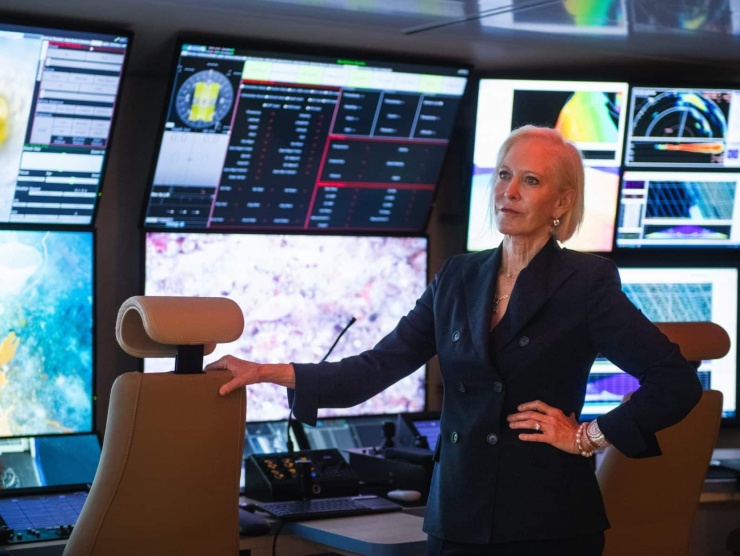
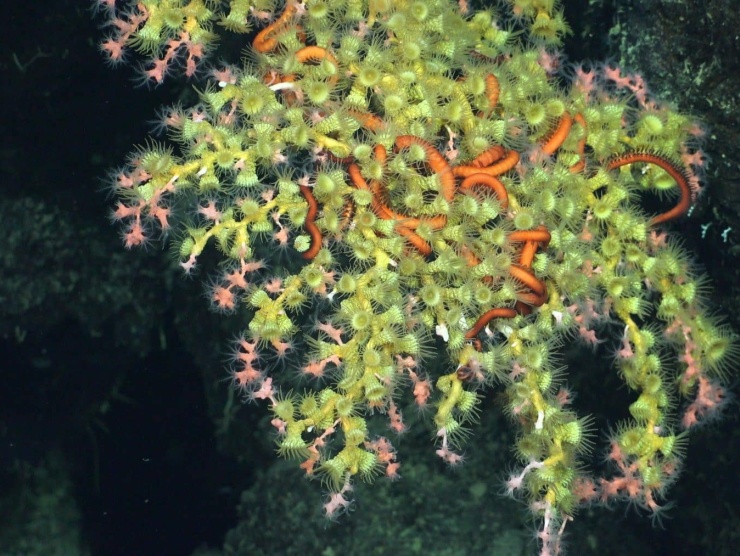
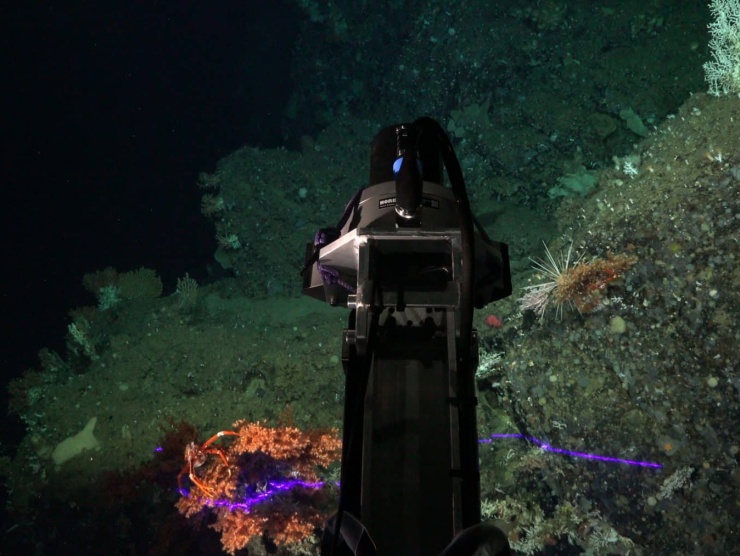
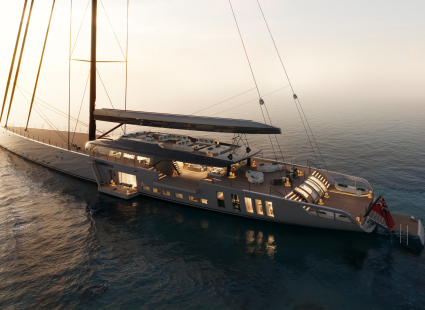
guillaume-plisson-0089-t9a0089-resize.jpg?resolution=425x310&quality=95)
